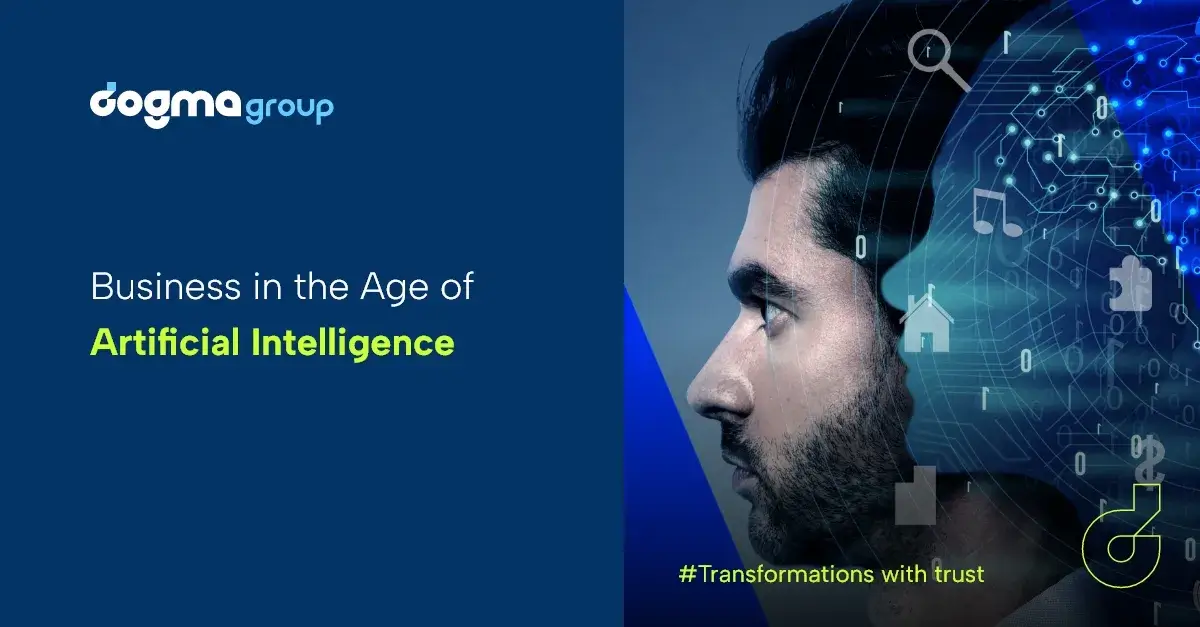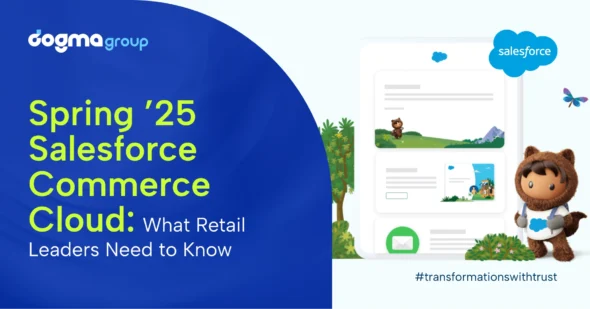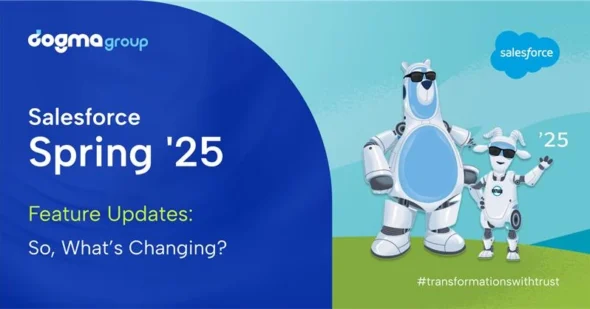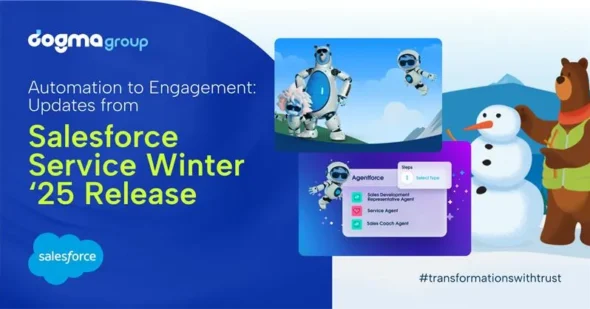Artificial Intelligence is not a concept for the future. It is here and now. AI in our everyday lives is bringing changes large and small, while AI in business is transforming the entire economic landscape. With data volumes doubling every 18 months, businesses are harnessing the processing power of AI to gain newer advantages.
Contrary to the fear of a “robot takeover,” AI is increasingly seen as an enabler and less as a disruptor. 9 in 10 leading businesses have investments in AI technologies, according to a study by New Vantage Partners. Moreover, with innovative uses of AI, businesses are changing how they work, and the trend is only on the rise.
Here’s how AI is transforming business today.
1. Big Data and Better Decisions
AI spots patterns that humans can’t. In the digital age where data is abundant, AI processes massive relevant data, identifies possible patterns and anomalies and presents the findings in digestible chunks. Executives and managers can then use the information to take quicker and more strategic decisions.

In essence, AI in business functions as a supporting tool that streamlines the decision-making process. The more data goes into the machine learning AI algorithm, the more it “learns” and improves the model.
For instance, leading business tools such as Microsoft’s Power BI can help businesses make sense of their data in real-time. The analytics tool connects to all available data sources and presents the findings visually on an intuitive dashboard to help managers take informed decisions. With embedded AI, it can further provide deep insights and next-step suggestions to managers so that they can take quicker well-weighed decisions.
2. Increased Personalisation and Efficient Sales
AI helps businesses understand each and every customer. From the data collected before, during and after purchases, AI can analyse consumer behaviour and predict future ones. According to their preferences, the businesses can then personalise their services for greater engagement and customer satisfaction. Instead of a scatter-shot promotion campaign, businesses can now use AI to target individual customers or similar customer group.
Tools like Sales Accelerator in Dynamic 365 helps sellers sell smartly. It uses customer data to inform sellers on accounts at risk of being lost; the sellers can then focus on those customer accounts specifically.
Similarly, AI also helps sellers reach potential customers through more sales-convertible approaches. For instance, Einstein Engagement Scores in Salesforce CDP (Customer Data Platform) helps businesses understand the best advertising medium for a specific customer. If customers don’t respond well to email notifications, then they can be engaged on social media or on the web.
3. Rise of Virtual Assistance
Automation in the manufacturing industry is an established fact. Similarly, AI helps automate processes in the service industry as well. Not all tasks require employees to pour over their valuable time. Smarter businesses use AI-powered virtual assistants to handle routine, time-consuming tasks such as customer inquiry.
Chatbots have been around long enough for people to have interacted with them at least once. AI powers chatbot to identify customer queries and provide a dynamic response. For airlines, these bots can answer simple questions about flight status and timing as well as alternative flights.

AI in business has become so adept at interactions that Google recently unveiled its Duplex technology that can automatically make phone appointments on request. Most customer services will completely rely on virtual assistants in the next decade.
4. Strategic HR
AI in business won’t, however, replace all the human employees with virtual assistants. On the contrary, AI is revolutionising the HR sector. The technology is now helping businesses retain good employees and recruit better ones.
According to LinkedIn, recruiters spend up to 23 hours scrutinising resumes for a single successful hire. AI has then stepped in to dramatically reduce the shortlisting process. It is estimated that only 25 percent of the best resumes make it to HR managers after the screening of an automated applicant tracking system (ATS). At least 98.2 percent of Fortune 500 companies already make use of the technology.
![]()
Similarly, AI can help businesses retain and grow in-house talent. AI-powered HR analytics enables managers to better analyse employee performance data and plan for strategic activities. It can also predict employee behaviour and re-skilling requirements so that HR can proactively address skill gaps and organise re-training programmes.
5. Accelerated Growth
AI is making businesses more effective and efficient. As technology becomes more reliable and affordable every year, it is preferred to solve business limitations. For instance, AI-powered tools help companies operate round-the-clock, allowing for cost-effective operation.
According to Accenture Institute for High Performance, the change in work brought about by AI will allow employees to use their time more efficiently and increase labour productivity by 40 percent. With wide-spread adoption of AI, businesses in the UK alone could gain as much as £680 Billion by 2035, marking a 1.4 percent gain in the annual gross value-added growth rates.

Similarly, the almost real-time insights generated by AI in business, namely through machine learning and deep learning, offers the ability to adapt at speed. This allows businesses to create relevant strategies that focus on innovation and growth.
As per Accenture’s survey, 75 percent of C-suite executives believe that if they don’t scale AI across their organisation by 2025, they risk going out of business entirely.






